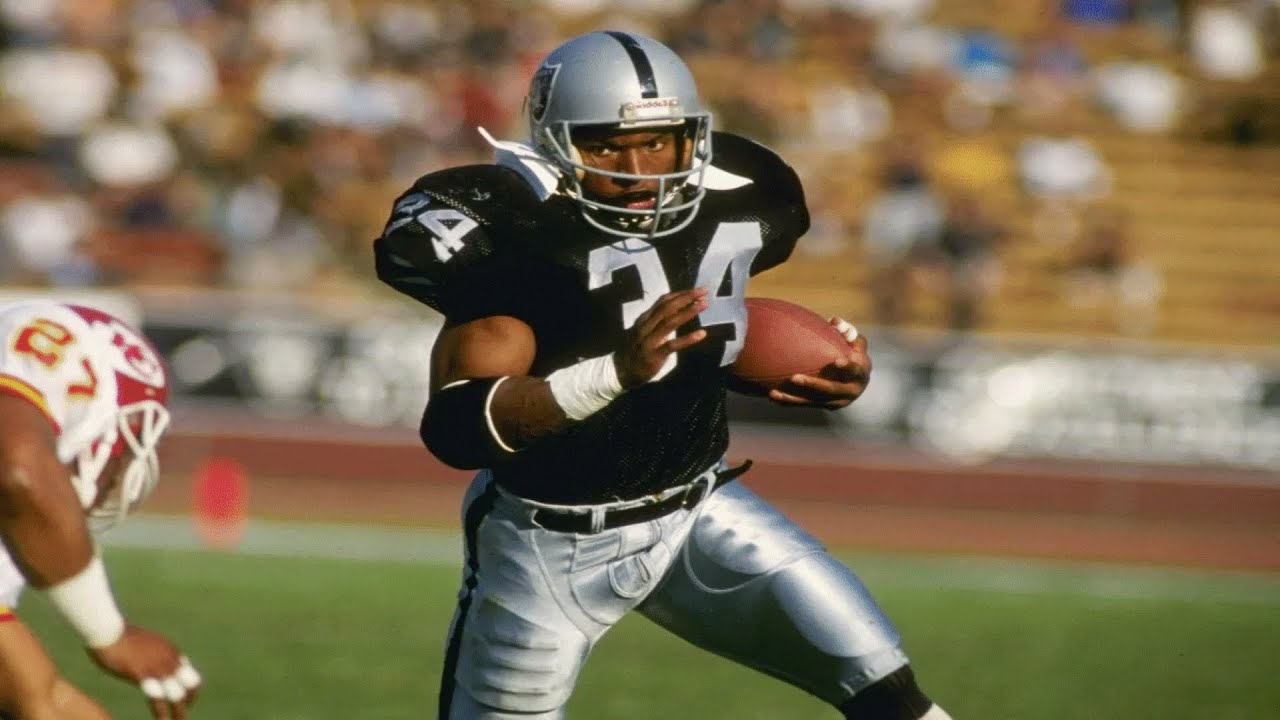The pressure of greatness creates more than champions—it establishes characters.
Tennis may be one of the loneliest sports in the world, but some players make sure the spotlight never leaves them. When Serena Williams and Novak Djokovic step on the court, it’s not just about rackets and rallies—it’s a performance. Their blend of brilliance and boldness has turned matches into theater moments, charged with emotion, expression, and undeniable intensity.
What separates these two stars isn’t just their winning records. It’s the way they’ve transformed the energy of the game. Whether it’s Serena’s piercing roar after a game point or Djokovic’s slow claps and long stares at the crowd, their every move says: this is bigger than tennis. And in a way, it is.
Serena Williams and the Power of Presence
Serena doesn’t just play tennis—she commands the court. Her matches often feel like episodes in an epic saga, where the stakes go far beyond a trophy. With over two decades of dominance, Serena didn’t just build a legacy—she built a persona. Every win, every loss, every controversial moment added to the legend.
But what truly set her apart was her ability to make every match feel personal. She didn’t hold back her emotions. If she felt slighted, the world knew. She didn’t mumble under her breath if she disagreed with a call—she spoke up, sometimes fiercely. And whether you agreed with her or not, she made you feel something. That’s the mark of a true performer.
- Her 2018 US Open final against Naomi Osaka? A cultural flashpoint.
- Her comebacks after maternity leave? Nothing short of heroic.
- Her post-match interviews? Often raw, sometimes reflective, and always compelling.
Serena made vulnerability a strength. She brought her whole self—ambition, emotion, and pride —onto the court, changing how fans viewed athletes, especially women in sports.
Read More: Bad Boys (and Girls) of Tennis: The 15 Most Disliked Players
Novak Djokovic and the Art of Control
While Serena thrived on emotional transparency, Djokovic often leans into emotional complexity. He’s a player who constantly balances fire and focus. At times, he’s the villain; other times, he’s the misunderstood genius. But always, he’s aware of the crowd, the moment, and how he’s being perceived.
Djokovic’s game is surgical, but his personality is anything but cold. He can switch from stoic intensity to sarcastic applause in seconds. He mimics crowd noises, rips shirts in celebration, or meditates mid-match—all subtle reminders that he’s playing a mental game as much as a physical one.
His tension with fans isn’t incidental—it’s baked into his narrative. Djokovic wants admiration, but he isn’t afraid to provoke. Like a stage actor working without a script, he feeds off the energy in the room—even if it’s hostile.
He’s won on every surface, against every rival, and in every atmosphere. But what’s most fascinating is how he wins—often by flipping the emotion of a match on its head. When the boos come, he smiles. When the pressure mounts, he stares it down.
Read More: The 20 Most Overconfident Tennis Stars of All Time
More Than a Match
Serena and Djokovic didn’t just become champions; they became characters. Their matches felt like chapters in a long-running play, with recurring themes of pride, power, defiance, and redemption.
In a sport known for its restraint, these two brought something raw. Something human. They exposed the emotional chaos that lies beneath professional poise. And whether you loved or hated their outbursts, they made tennis unforgettable.
They didn’t just play—they performed.
And audiences couldn’t look away.
Read More: 15 Tennis Stars Who Took Themselves Way Too Seriously













